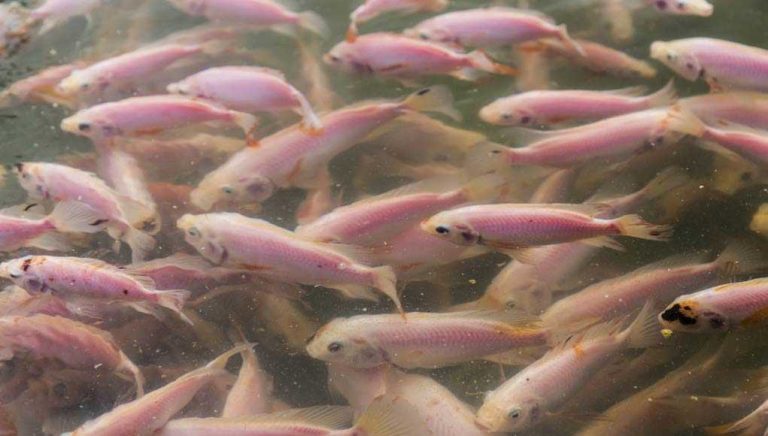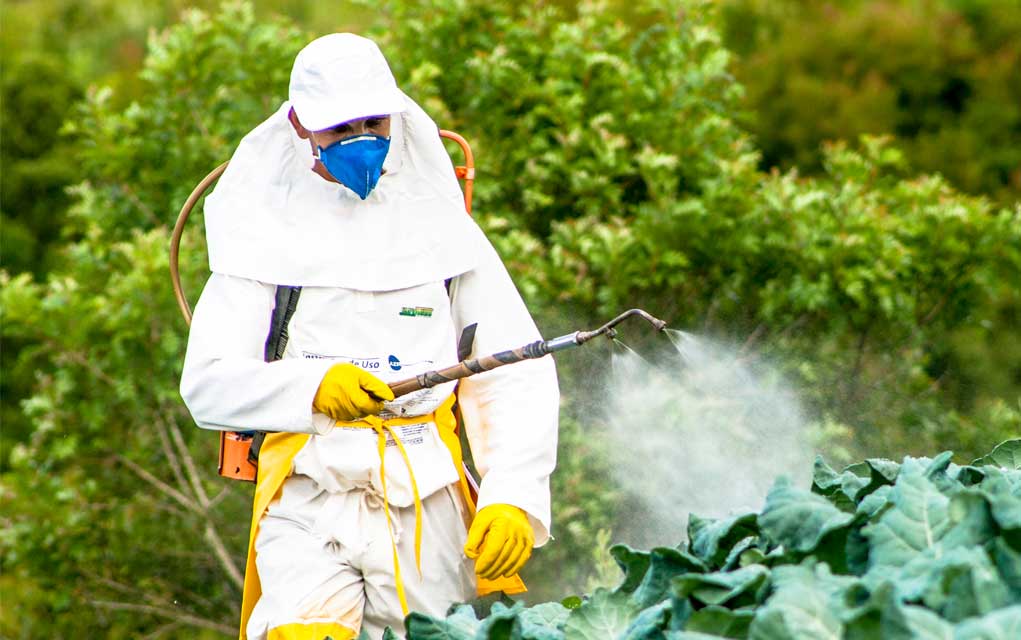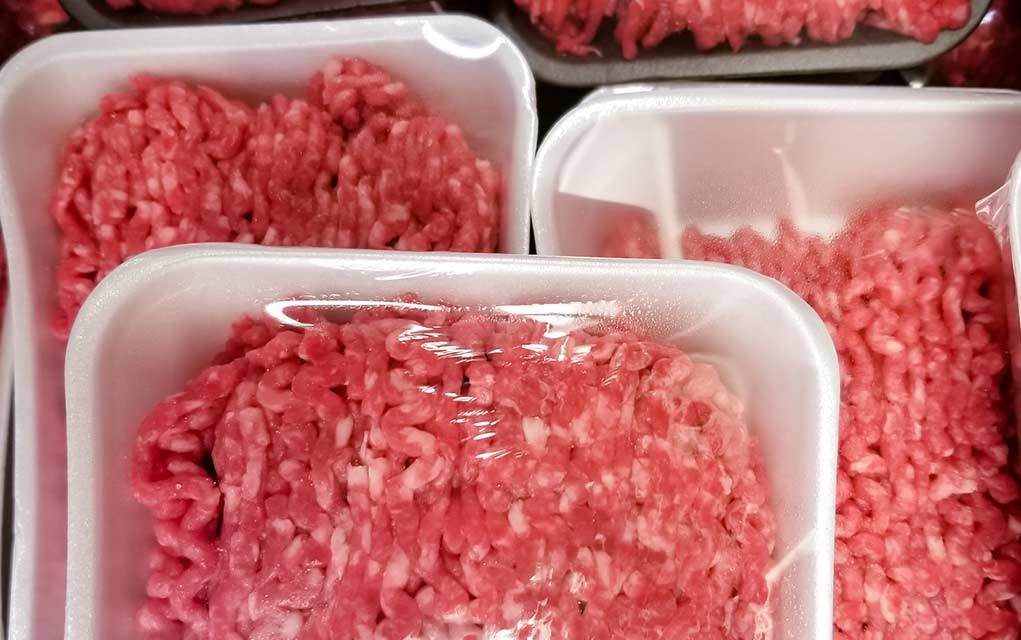
The Unhealthy Fish We Love to Eat (Avoid It)
(WellnessPursuits.com) – Would you willingly stuff your tacos with pig poop or eat fried poultry feces? If your answer is a firm “no,” then you may be disgusted by the dietary habits of the 4th most popular fish consumed in America: tilapia.
Farm-raised tilapia devour pretty much anything they find in their crowded waters, including waste from livestock and other animals. Even if you don’t find that worrisome, you may still be alarmed by our additional facts about this waste-munching fish.
Tilapia Lacks Healthy Omega Levels
With less than 200 mg of omega-3s per 3-oz. serving, tilapia isn’t the best choice for someone who wants to boost their heart health. Wild herring, mackerel and salmon all have at least 1,500 mg per serving, and even a serving of breaded fish sticks generally contains at least 200 mg of omega-3.
Also, tilapia contains an unbalanced ratio of omega-6 and omega-3 fats, which may lead to inflammation. This is concerning because over time, chronic inflammation can lead to medical issues such as cancer, Alzheimer’s disease or rheumatoid arthritis. Untreated inflammation can also trigger heart disease, upping your odds of a heart attack or stroke.
Tilapia May Be Genetically Engineered
You may have heard that genetically modified foods can damage your organs. Because of this, many consumers want to know what’s in the foods they buy. That’s why some manufacturers admit they use genetically modified ingredients or proudly label their products with non-GMO claims.
But researchers didn’t stop with produce and grains. Gene promoters have already been tested in tilapia, and some countries are already using genetic engineering on tilapia and at least 35 other fish species. The goal is to make tilapia bigger, stronger and healthier, but what about your health? As of now, scientists have no formal research that shows how genetically engineered fish may affect your body.
How Fish Lovers Can Protect Their Health
Not sure you can give up your favorite white fish? If heart-healthy alternatives, such as salmon and mackerel don’t interest you, search for sustainably sourced tilapia instead. Look for tilapia from locations known for their sustainable fishing practices, such as Peru or Ecuador, and avoid farm-raised tilapia from Columbia and Taiwan.
Check tilapia packaging for words like “bioengineered”, “genetically engineered” or “genetically modified”. These words mean the fish have had their genetic makeup altered, so avoid eating them when possible. Look for the Ocean Wise symbol on a package, which means you’re buying a sustainably sourced food.
Tilapia are packed with protein and low in fat, but the risks may outweigh the benefits when it comes to this popular white fish. Keep an eye on your health if you decide to keep tilapia in your diet.
~Here’s to Your Healthy Pursuits!
Copyright 2025, WellnessPursuits.com















